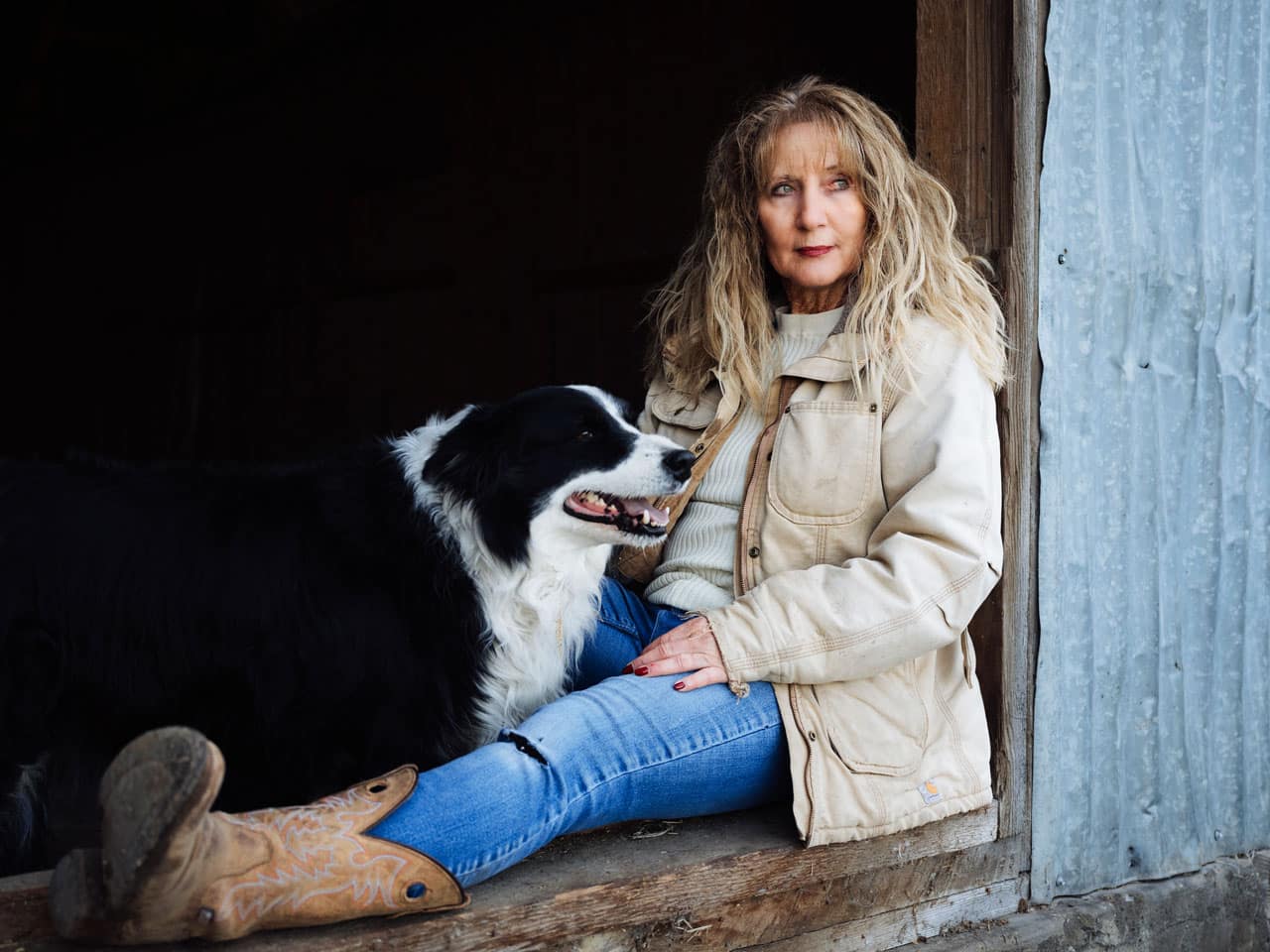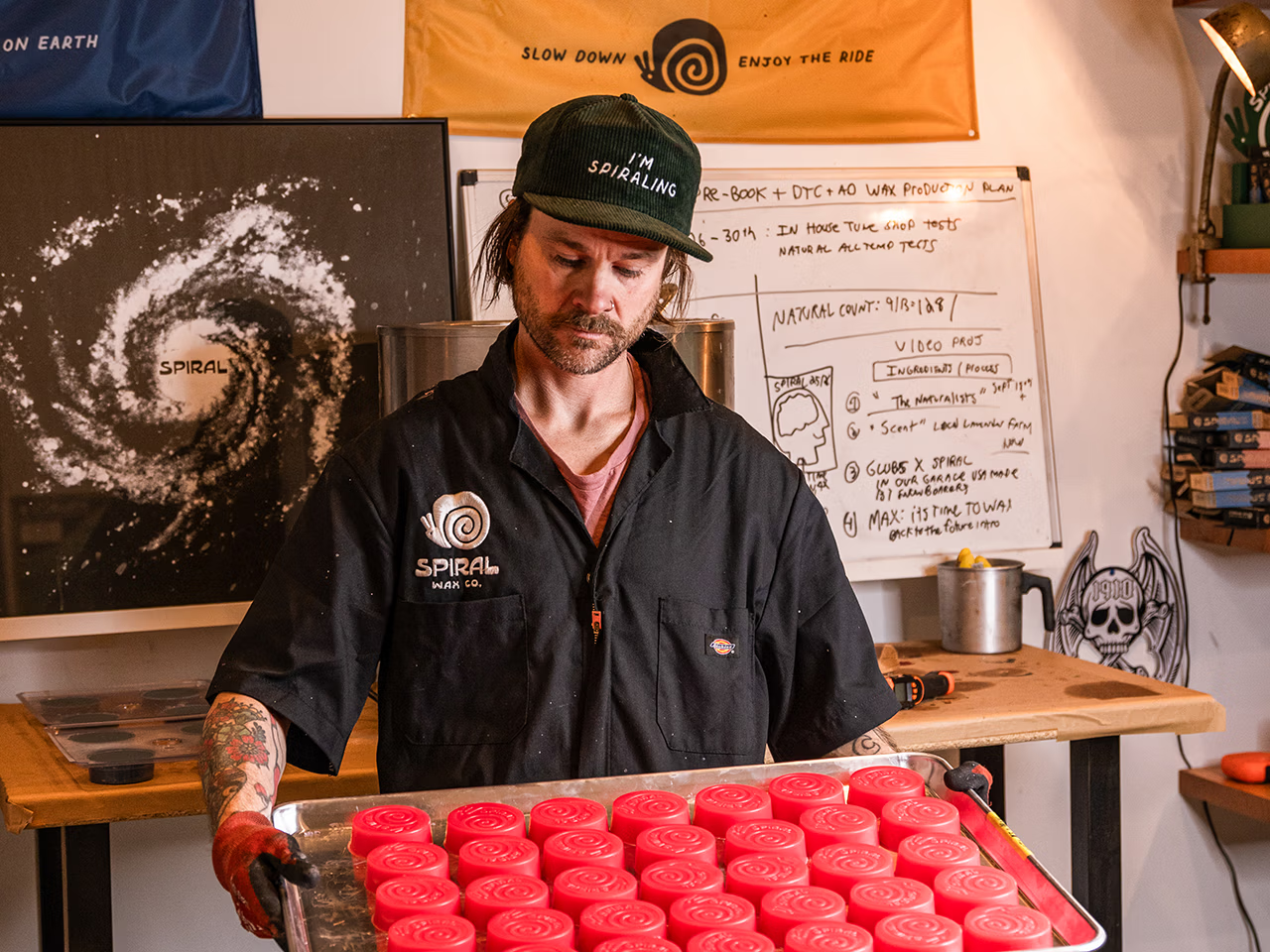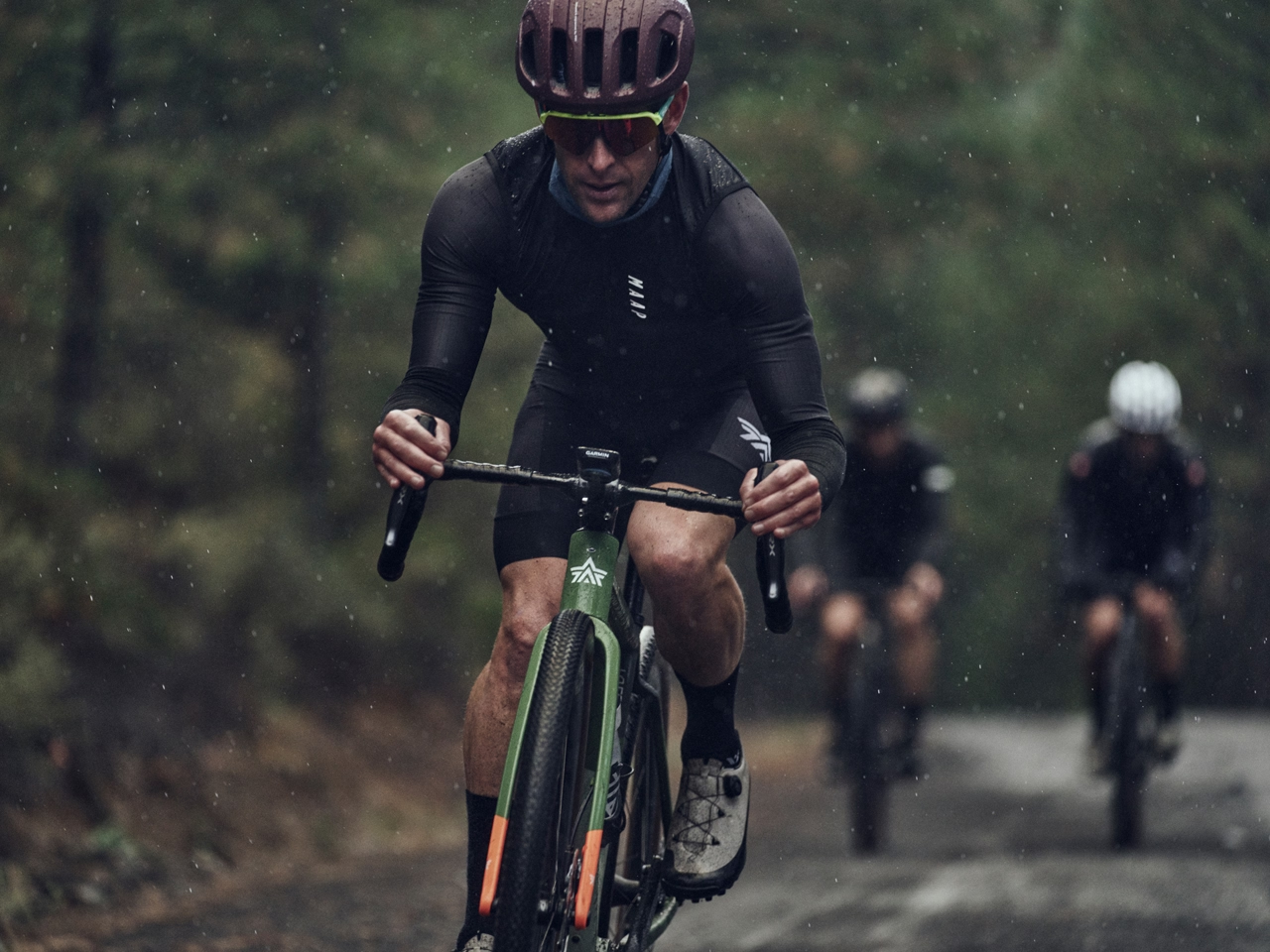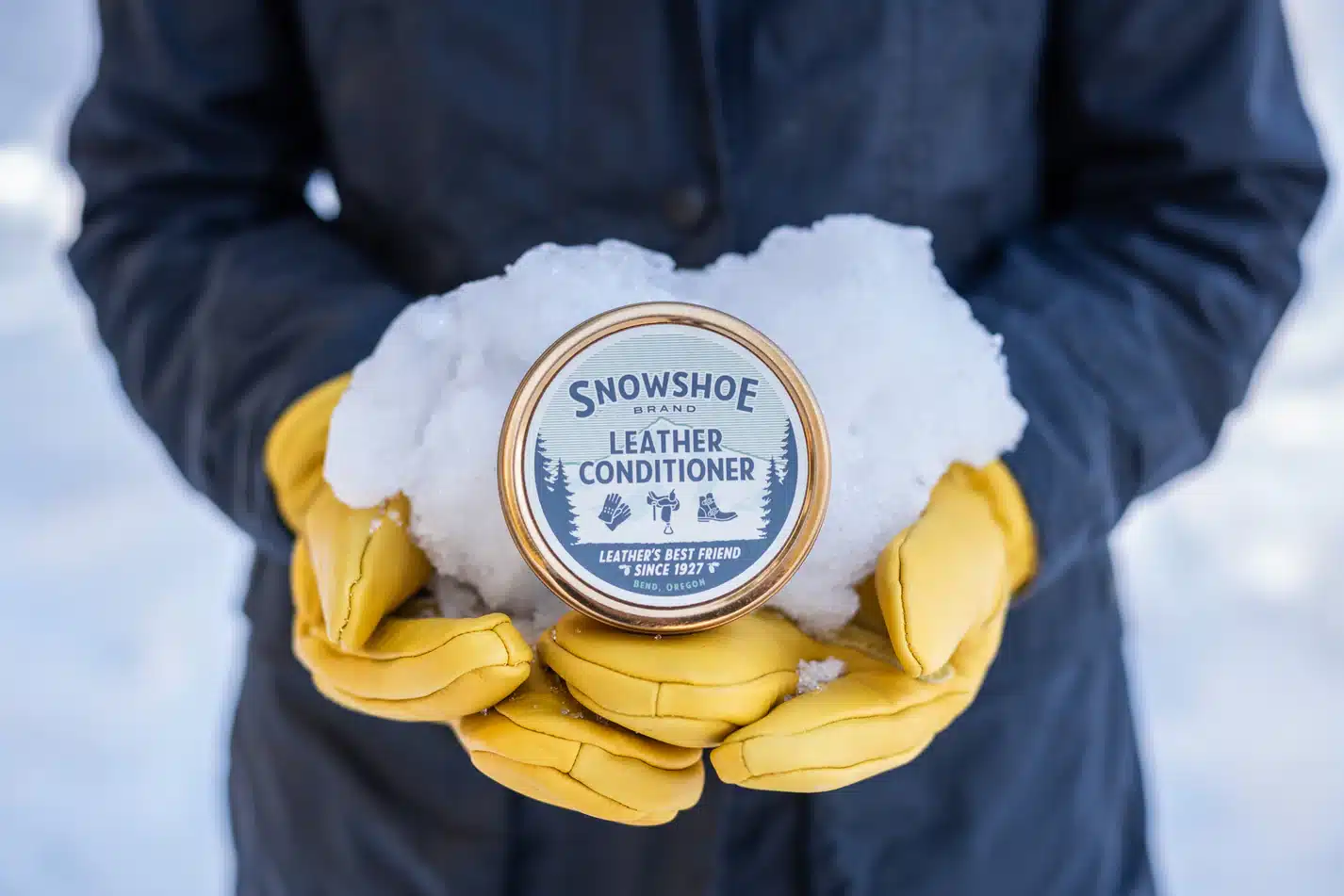Oregon, Winter 2014: It had been unusually cold and windy for days at Imperial Stock Ranch near Shaniko, Oregon, where 50 square miles of sheep, cattle, grains and hay have been raised since 1871. With temperatures around zero and two feet of snow, ranch owners Jeanne Carver and her husband Dan, and their team were feeling the stress of long hours and nonstop demands, heightened by the harsh weather. Jeanne moved through the lambing grounds, worriedly looking for any ewes that might be birthing amid the falling snow. She spotted two newborns near a huge snow bank. One had no heartbeat and she tried to revive it, but it seemed she was too late. Picking up the second lamb, barely alive, she prayed while coaxing the mother to follow her into the shed. Immediately milking the ewe, she tubed the warm liquid into the lamb’s stomach. She nestled it under a heat lamp, wrapping it with hot towels, urgently drying it. She went back for the other sibling, picked it up and cradled it close, shielding it from the storm.
Retelling the story, her voice cracked, tears welling in her eyes, as she recalled placing it on a trailer load of straw. She was about to return to the other newborn when she saw a tiny movement of the lamb’s body. She touched its sides and put her finger in its mouth—a tiny gasp for air came, then another. Tucking the lamb inside her jacket, close to the warmth of her body, she sped on an all-terrain vehicle to her house. At the wood stove she worked for the next hour, repeating, “I won’t let you die.”
Then her phone rang. On the other side of the world, in Sochi, Russia, Team USA was about to compete in the 2014 Winter Olympics. Following criticism that Team USA’s uniforms were being made in China, Polo Ralph Lauren discovered the Carvers’ fledgling wool company, which was working to revive United States wool production. The Carvers had worked with the fashion magnate for 18 months on sourcing Imperial Stock Ranch wool for the Olympic uniforms. The call was from the lead designer—the team was about to take the world stage and appear in the opening ceremony wearing uniforms made with yarn from the Carvers’ sheep.
The juxtaposition of the two scenes, both detailed in Carver’s book Stories of Fashion, Textiles, and Place: Evolving Sustainable Supply Chains, written with co-author Leslie Davis Burns, fueled her quest to revive American wool production. The book builds upon the ranch’s commitment since the 1980s to use sustainable and regenerative practices for the future health of the soil, water, grasslands and grazing animals. At age 70, Jeanne Carver continues to lead a “ranch-to-retail” movement. She reconnects people to the source of what they wear by delivering fully traceable, American-grown merino wool to fashion brands, and returns a net-positive value to nature.
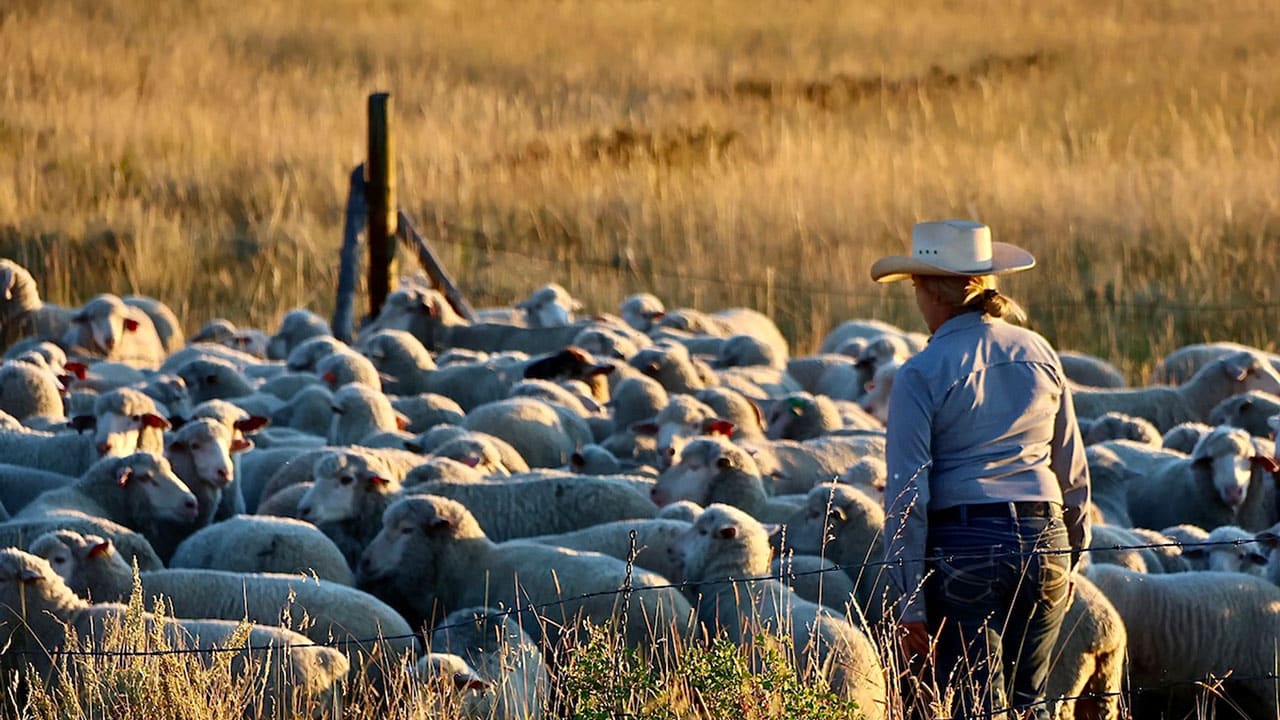
Expanding Farming Practices To Promote Healthy Ecosystems And Biodiversity
In 2018, Carver established Shaniko Wool Company as a farm group to scale the economics of making certified United States wool widely available to apparel brands, and to expand farming practices that promote healthy ecosystems and preserve biodiversity. The company includes 10 United States sheep ranches, grazing more than 2.6 million acres in the West, and producing 500,000 pounds of merino wool annually. It supplied the wool for Team USA uniforms for the Winter Olympics in 2014, 2018, 2022, and for the 2024 Summer Olympics. The company was selected for the fifth time to supply wool for Team USA’s uniforms at the 2026 Olympic and Paralympic Winter Games Milano Cortina.
Her unflagging commitment has brought local wool to runways around the world, and caught the attention of the British Royal Family. Carver and her company were featured in His Majesty at 75: The Leadership and Vision of King Charles III, a velvet-covered commemorative book detailing the causes Charles champions, including regenerative agriculture and Shaniko Wool’s role in it. Carver, whose flowing strawberry-blonde hair and Western style translates readily from ranch to runway, attended the King’s book launch party in London in November.
Heritage Meets the Future
Her focus on regenerative work began in 1999, when globalization and a focus on synthetics torpedoed the commodity market for wool. “It changed everything,” she said. “That required us to think differently in order to sell our harvest and survive. So we began this journey of taking our wool harvest and adding value to it, meaning, you clean it, comb it, spin it, dye it, you knit it, you weave it, and you create a finished product.”
She began instinctively, with no training, educating herself along the way. Even before working with local chefs to promote her lamb in a newly emerging farm-to-table movement, she took that approach to the wool. “I paired it with our history, our deep heritage, the story of our land and stewardship, because that’s the number one thing we do—manage the health of natural resources.”
“Wool was one of those fibers that I realized was supporting my energy, my life force.”
Those efforts made Imperial Stock Ranch the first in the world to receive a new third-party certification, the Responsible Wool Standard, which aims to improve the welfare of sheep and the land on which they graze. That certification for Shaniko wool is a game-changer in getting brands such as DeFeet sock company to use it, said Paul Willerton of Bend, partner in the North Carolina-based sock manufacturer since 1993. Willerton, a former professional bike racer, believes in wool as the ultimate fiber for comfort and durability. “Whatever the conditions are, you realize that some garments are kind of supporting your life force, while other garments seem like they’re trying to kill you,” he said. “Wool was one of those fibers that I realized was supporting my energy, my life force.”
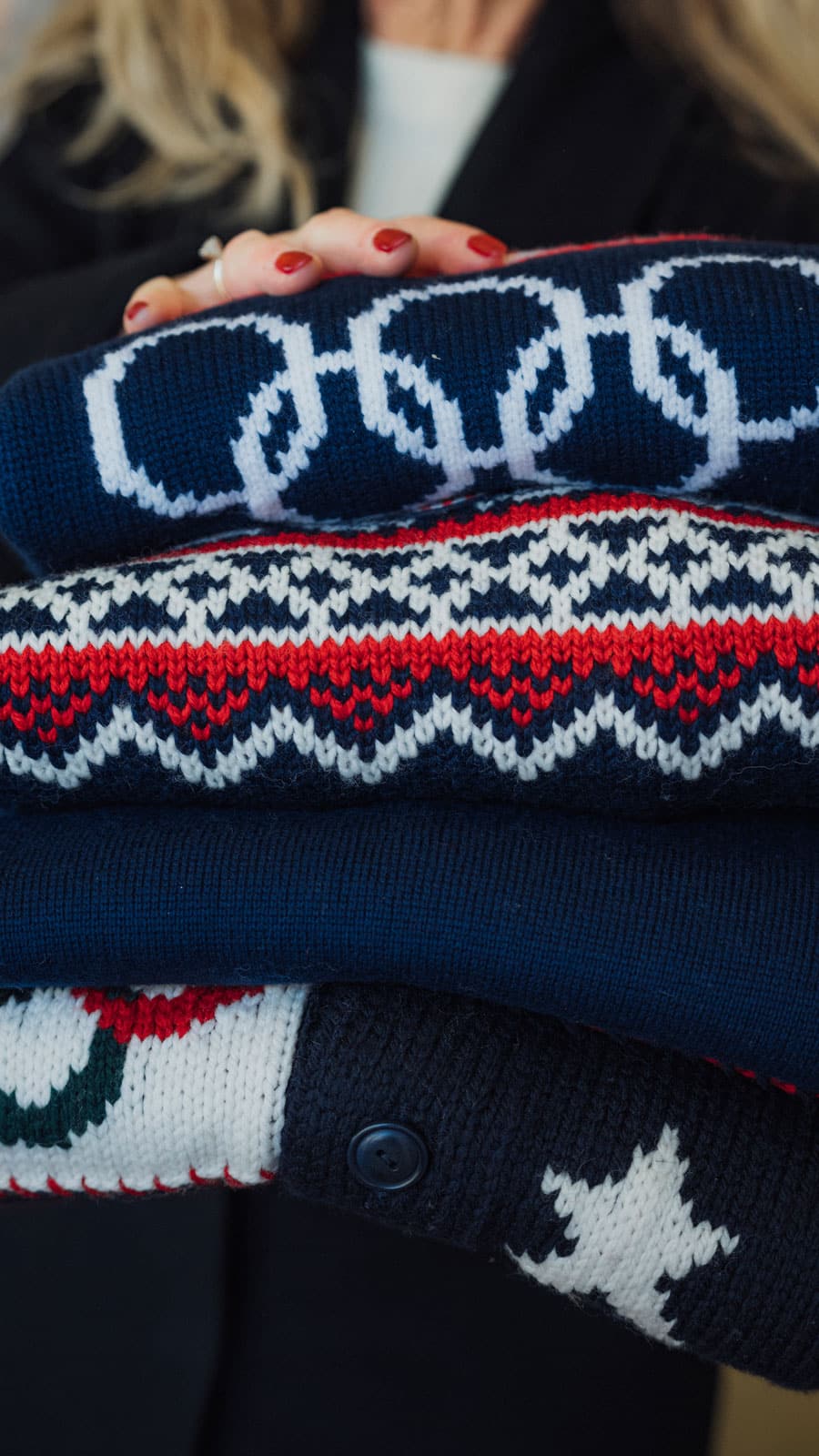
A Mission of Education
Consumer awareness is key to driving change within the industry, Willerton said. Once people understand the profound value of ethically sourced products—for themselves and the environment—it can help disrupt the status quo. DeFeet and similar companies aim to challenge larger brands to prioritize supply chain transparency and sustainability, and prompt ethical and environmentally astute choices to become the norm.
That mission is central to the work of Leslie Davis Burns, professor emerita at Oregon State University in Corvallis, who co-wrote Stories of Fashion, Textiles, and Place: Evolving Sustainable Supply Chains with Carver. The 2021 book profiles five fashion and textile companies around the world—from Phnom Penh and Peru to Scotland and Shaniko—with evolving sustainable supply chains. Burns chose each company based on their values and honor for the land, the culture, and the people of the place where they are deeply rooted, leading to their successes.
Burns recalled reading Carver’s early draft. “I got tears in my eyes,” she said. “It was so beautifully written, so passionate, you could just feel it.”
Carver knows she needs data as well as passion to tell the story fully. In 2020, she launched an initiative with Oregon State University to do ongoing research revealing the collective carbon footprint of all the wool company’s ranches, and by extension, its wool supply. “We’re a ‘carbon sink’—net-positive to nature. This is very valuable information for the companies who buy the fiber and for the customers at the retail market level who care,” Carver said. “And the greatest value is to us ranchers, who now have data and a new tool we never had before to help influence our ranch management practices.”
Carver’s story of strength and determination, amid the complexities of integrating sustainability into the fashion industry, seems to be fueled by a theme from her college days. “I was a hurdler,” she shared. To Carver, obstacles are motivation. In the area of sustainable ranching practices, overcoming barriers is key to a healthy planet and future.

